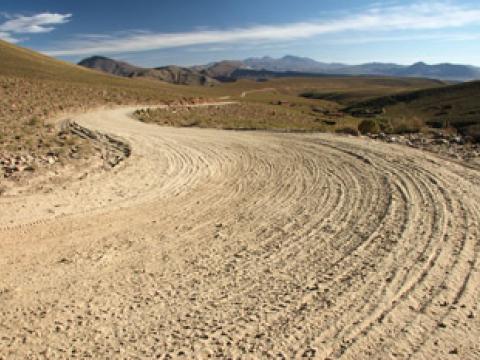The Price is Right, Not
I remember noticing on a trip to Brazil in 2001 that compact-flourescent lightbulbs were colonizing the country's light sockets with startling speed. It hadn't been raining and the drought was idling hydroelectric dams that accounted for more than 90% of electricity. The resulting blackouts, referred to as "apagões," changed people's behavior. Consumers slashed their energy consumption and solved the crisis. The rains eventually came and the outages faded into memory.
Fast-forward to this morning. The O Globo Newspaper that landed on my doorstep reported that residential and commercial power use has spiraled upward, just as Southern Brazil is running out of water, thanks to another, even worse drought. For most goods, scarcity drives up prices, which drives down the quantity demanded until supply and demand are in balance again. But governments can send a different set of signals to the market.
In Brazil demand has been pushed up by economic growth over the ensuing decade. But it's been relentlessly stoked by the government's promoting easy credit for buying appliances and cars, most of which are assembled domestically, and by giving production tax breaks to the manufacturers. More middle-class homes outfitted with air conditioners, washing machines and big TVs mean a bigger demand on the grid. And, ultimately, more dams in the Amazon Basin, with all their impacts on biodiversity and forest communities.
The coup de grace was a move by Dilma Roussef to cut electric bills starting in 2013. Brazil's (formerly peaking) fossil fuel-fired plants are running all out, reservoirs are dry and...electricity is cheaper?
The most important point here is that Brazil is anything but unique. When government controls prices it's popular to make them low. Think Venezuela's six-cent-per-gallon gas, or California's bargain irrigation water. Free markets aren't the answer; natural monopolies like the ones for power and water are prone to exploitative pricing and undersupply if left unregulated. Policy-makers' job is to nudge these markets toward efficient production and consumption consistent with what the resource will give us.
For more on bad pricing of vital stuff that comes from our environment, have a look at Eduardo Porter's recent column on water in the New York Times.
- Log in to post comments


